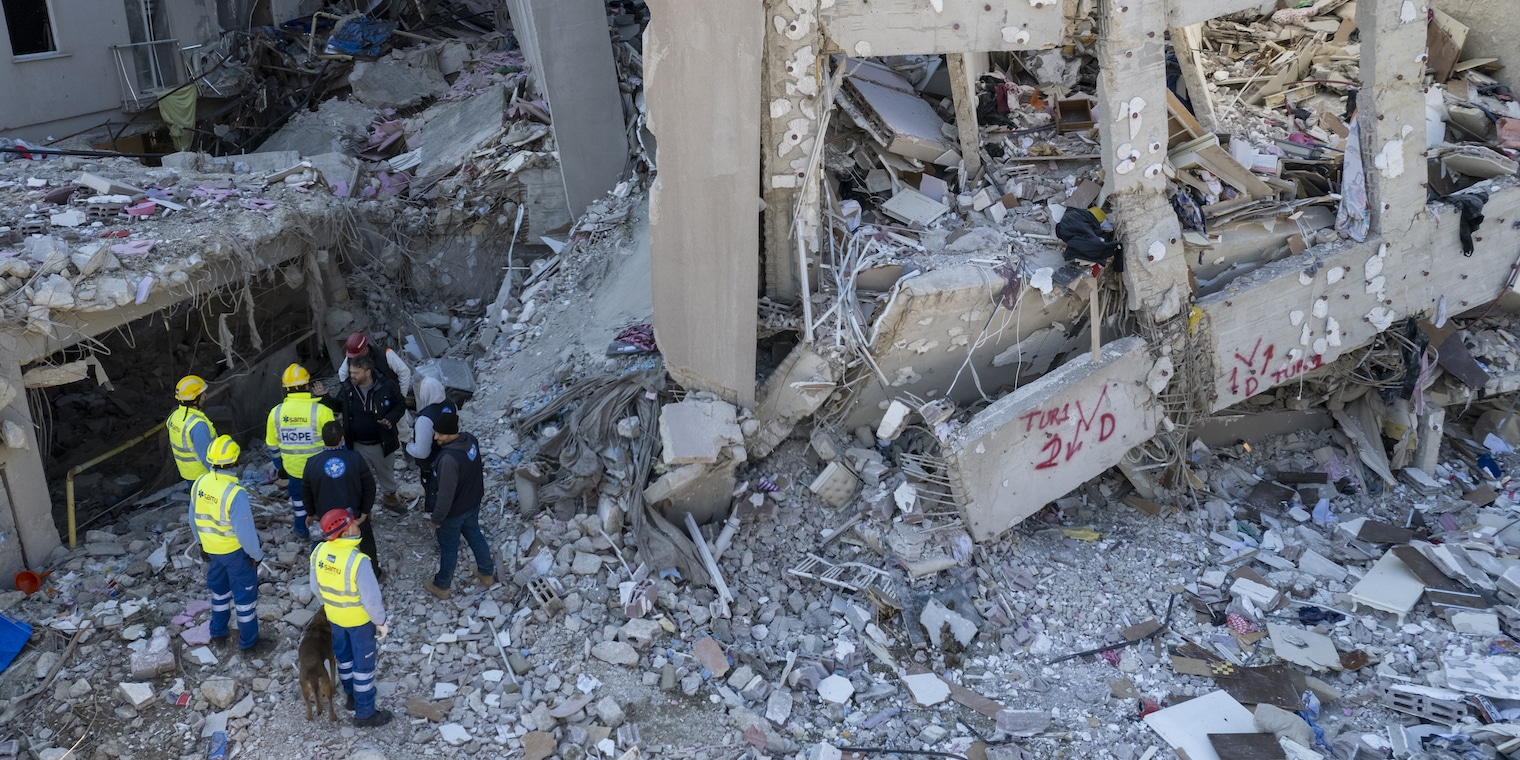
Photos: At the Epicenter of Türkiye’s Growing Humanitarian Crisis
Millions of people may be facing a long-term humanitarian crisis following the catastrophic earthquakes that struck Türkiye and Syria on February 6.
The devastating toll of the earthquakes that struck Türkiye and Syria on February 6 is still becoming clear. But already, the risk of a long-term humanitarian crisis is coming into focus.
In a matter of minutes, thousands of buildings collapsed across southern Türkiye, leaving some 2 million people homeless. The situation is likely worse in Syria, where the United Nations has warned that as many as 5 million people could be homeless. For many who survived, the situation is desperate: they are sleeping in cars, tents, unsafe structures, or freezing temperatures outdoors. They are going without food, water, bedding, and clean clothing while struggling to manage the intense grief of losing a loved one, a home, or the life they knew.
“The task of rebuilding critical health care infrastructure is difficult under any circumstance, but here the task feels particularly daunting because we are literally surrounded by towering mounds of rubble and the smell of death,” said Dr. Vlatko Uzevski, Project HOPE’s Emergency Response Coordinator in Türkiye. “People are stunned with grief and loss, overwhelmed by helplessness, and many have no place to live and no basic necessities, much less access to medical care.”
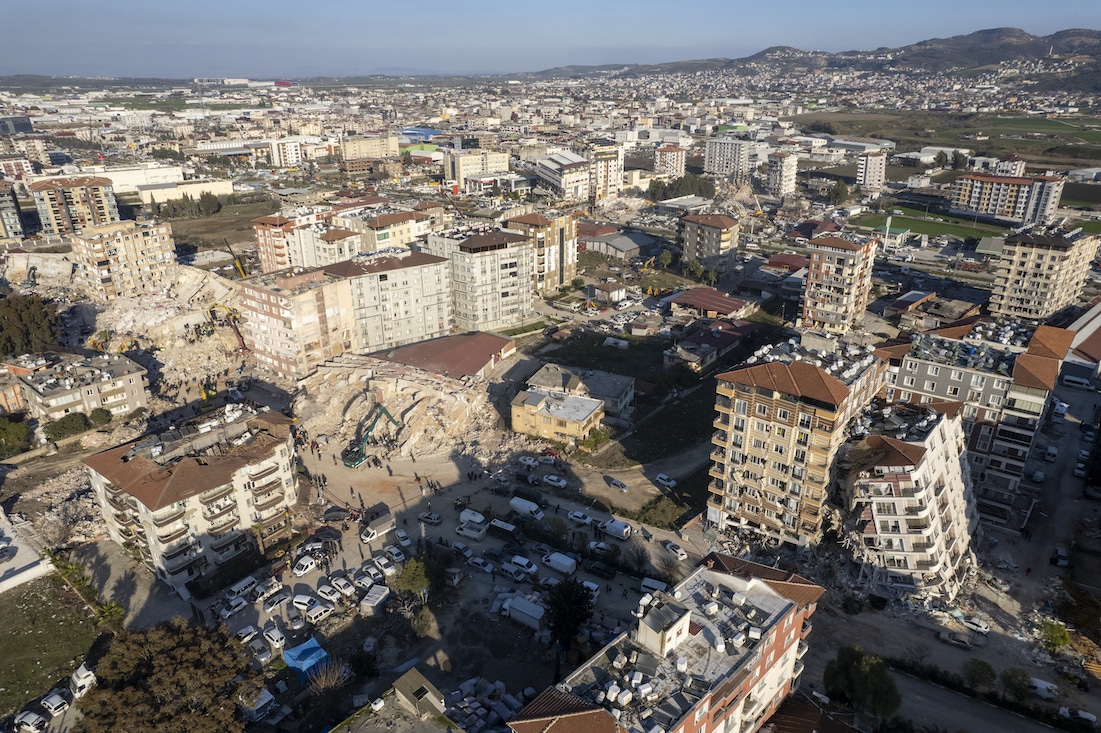
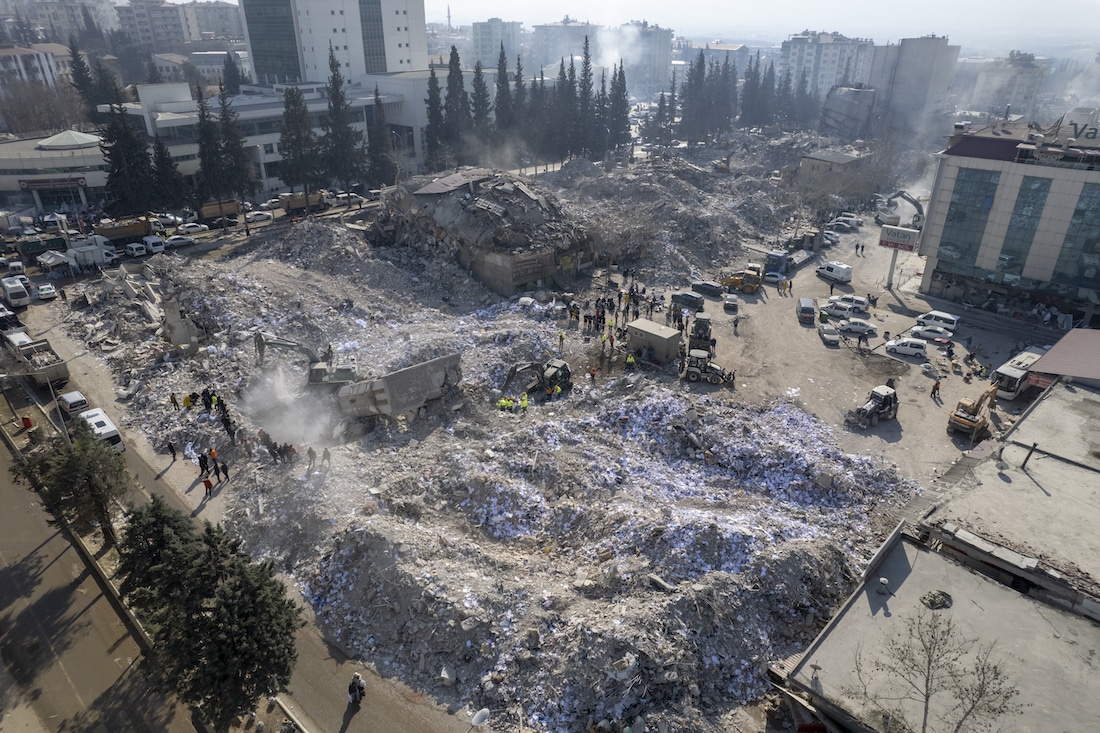
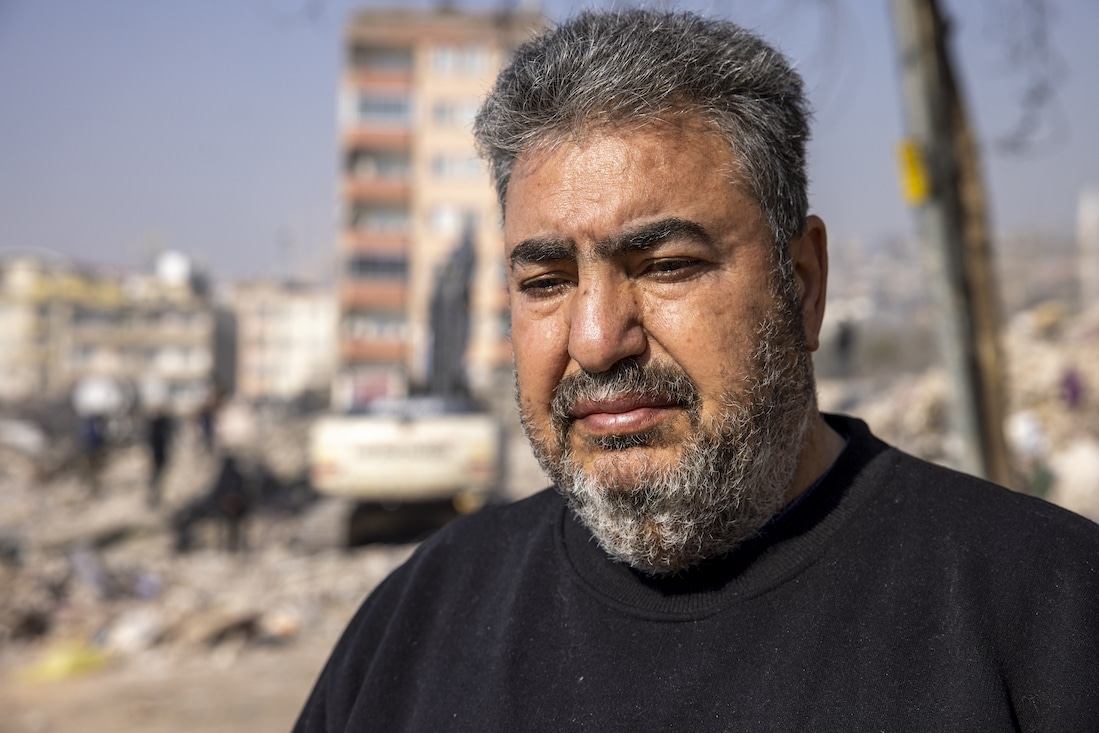
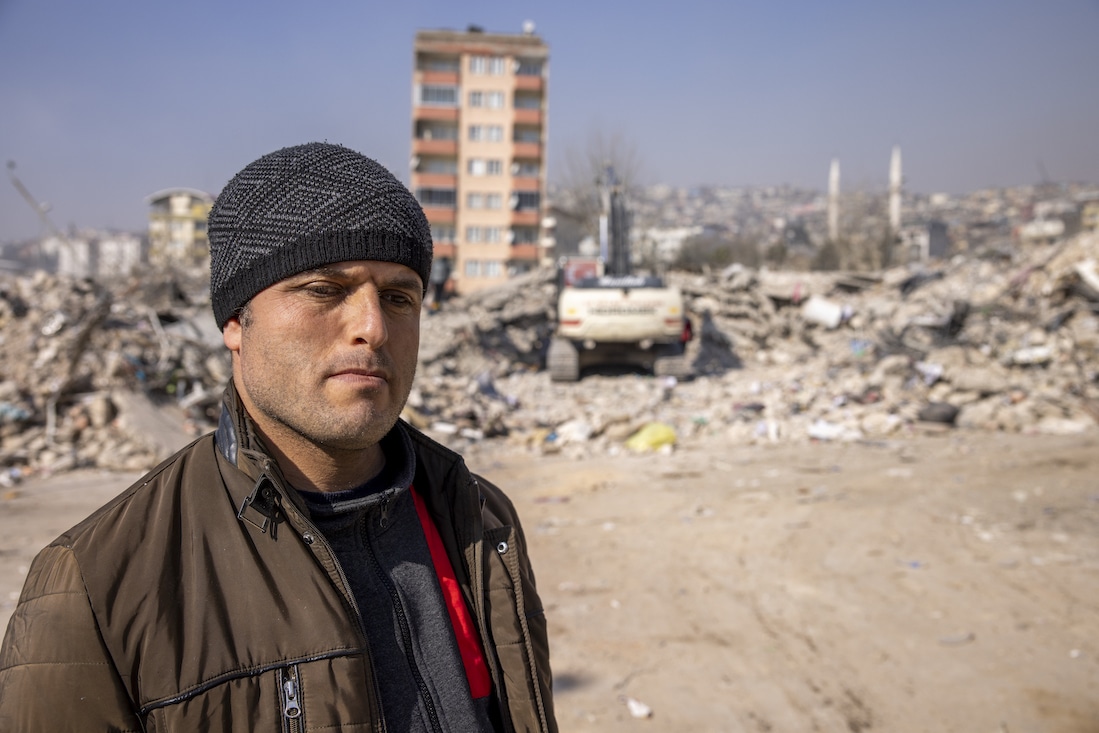
![]()
The earthquakes have had a catastrophic impact on mental health. For many who survived, the immense challenges ahead are compounded by grief, guilt, and loss. Large crowds of people gathered near fallen buildings for days as people waited for word from loved ones. For some, closure may never be possible.
The mental health challenges will be heavy for health workers as well, who must now care for others in crisis while carrying the weight of their own trauma. The psychological impacts on children will be profound. No one who experienced the disaster, whether young or old, will be untouched.
![]()
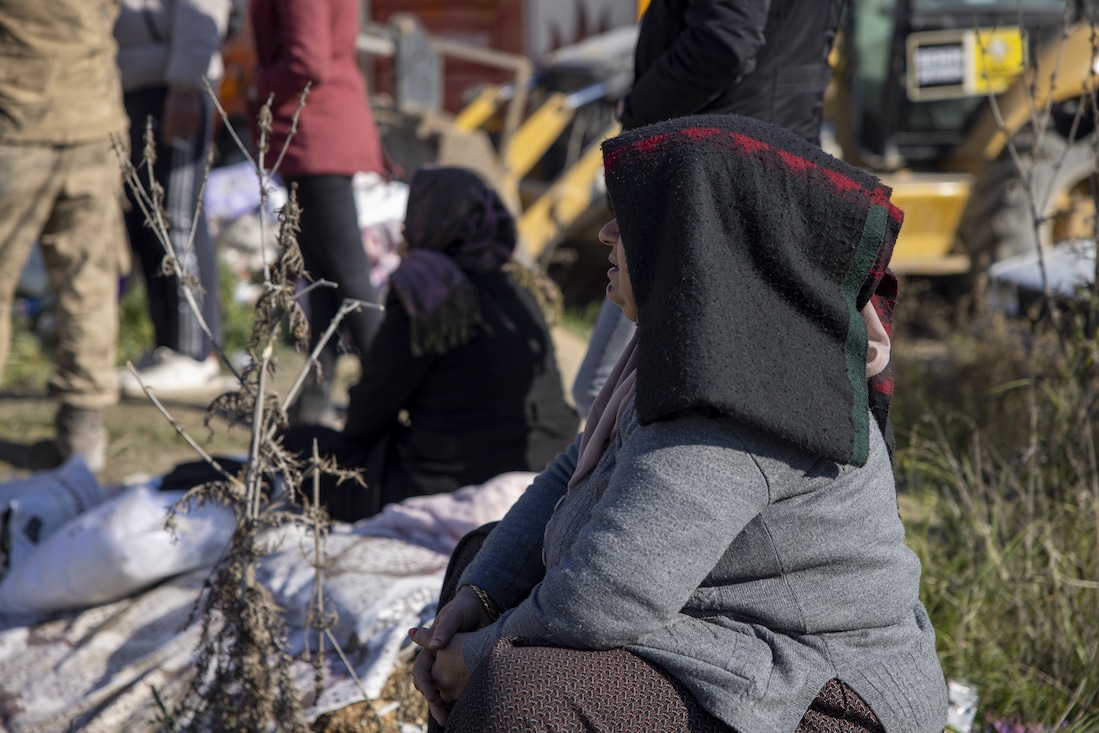
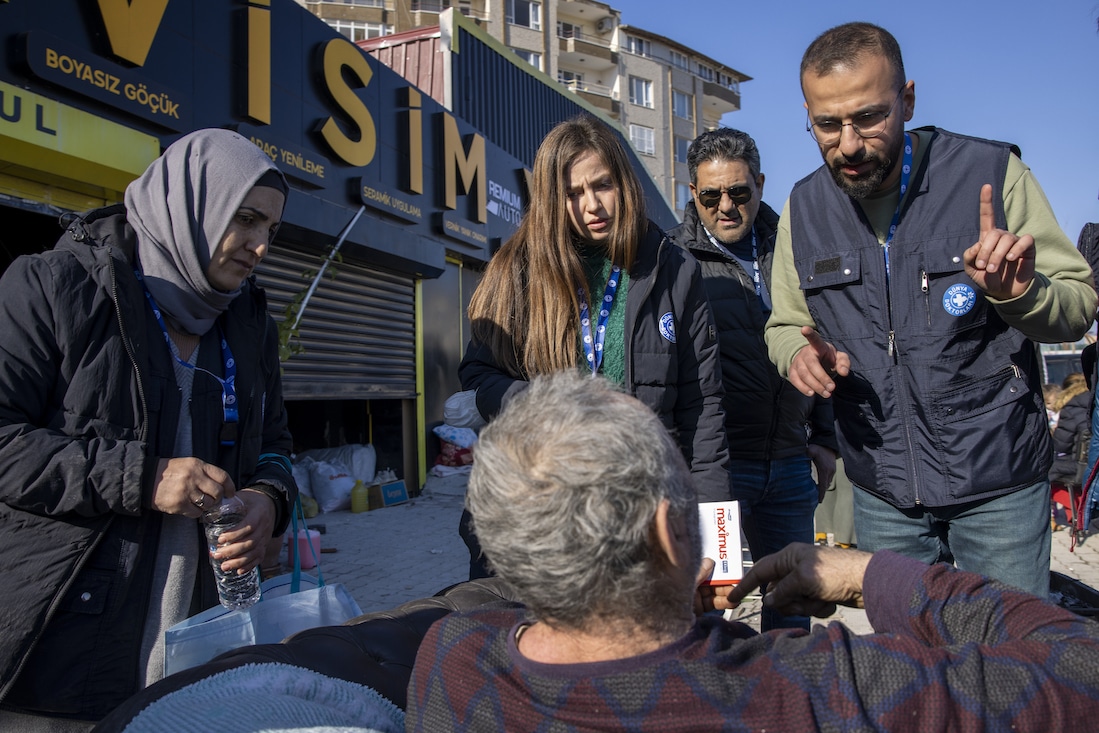
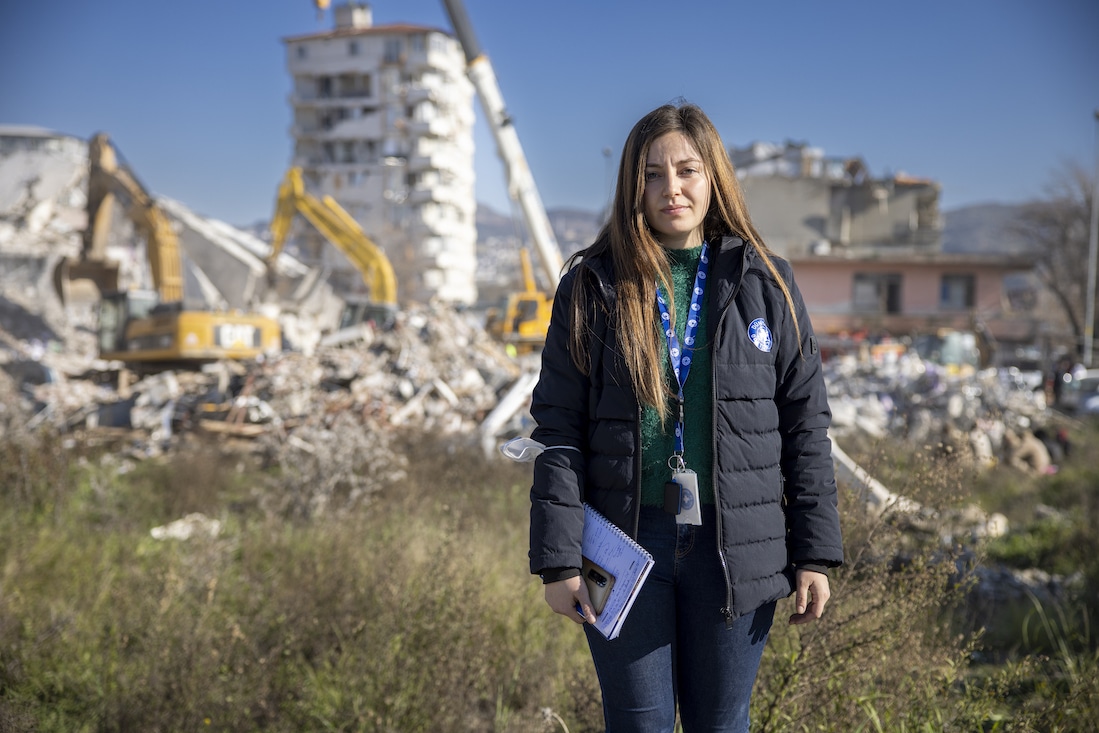
![]()
The 72 hours following an earthquake are crucial for search and rescue. Project HOPE’s partner SAMU, a Spanish-based humanitarian response organization, immediately deployed a K-9 search and rescue team to conduct rescue operations in Türkiye. For days, rescuers searched for survivors in dangerous and freezing conditions, providing hope, compassion, and for some, closure.
Having completed rescue and recovery operations, Project HOPE is now focusing on re-establishing supply chain routes and addressing the health care needs facing survivors in southeastern Türkiye and northwestern Syria during their long road to recovery.
![]()
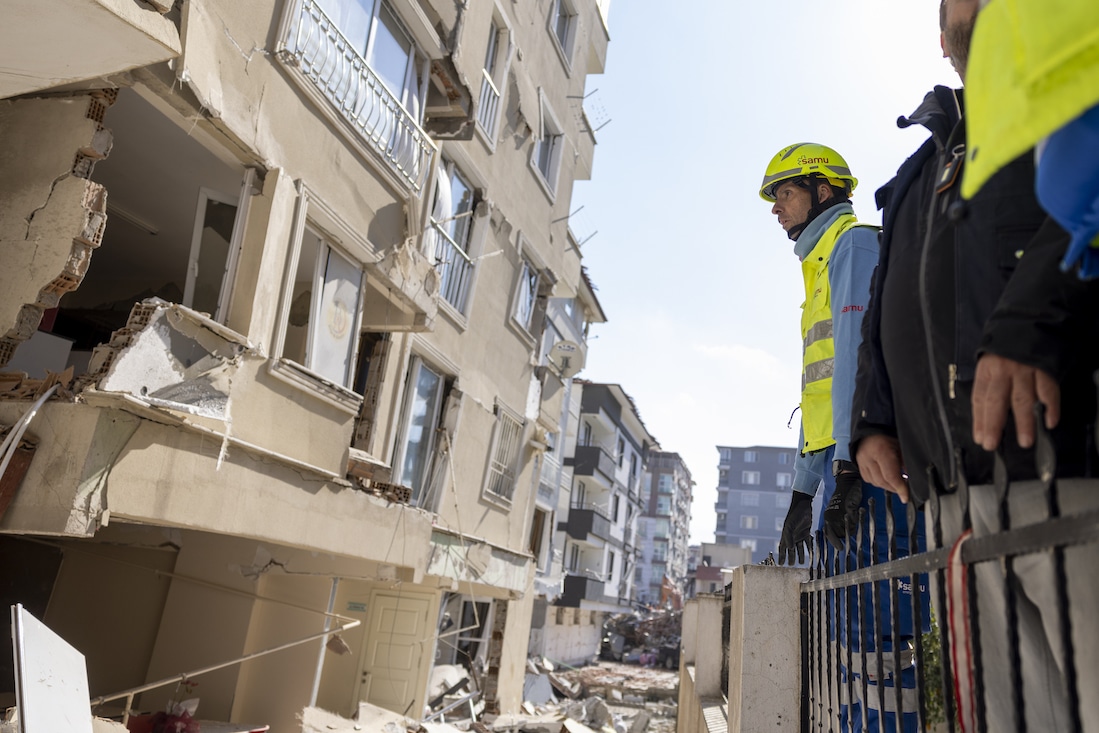
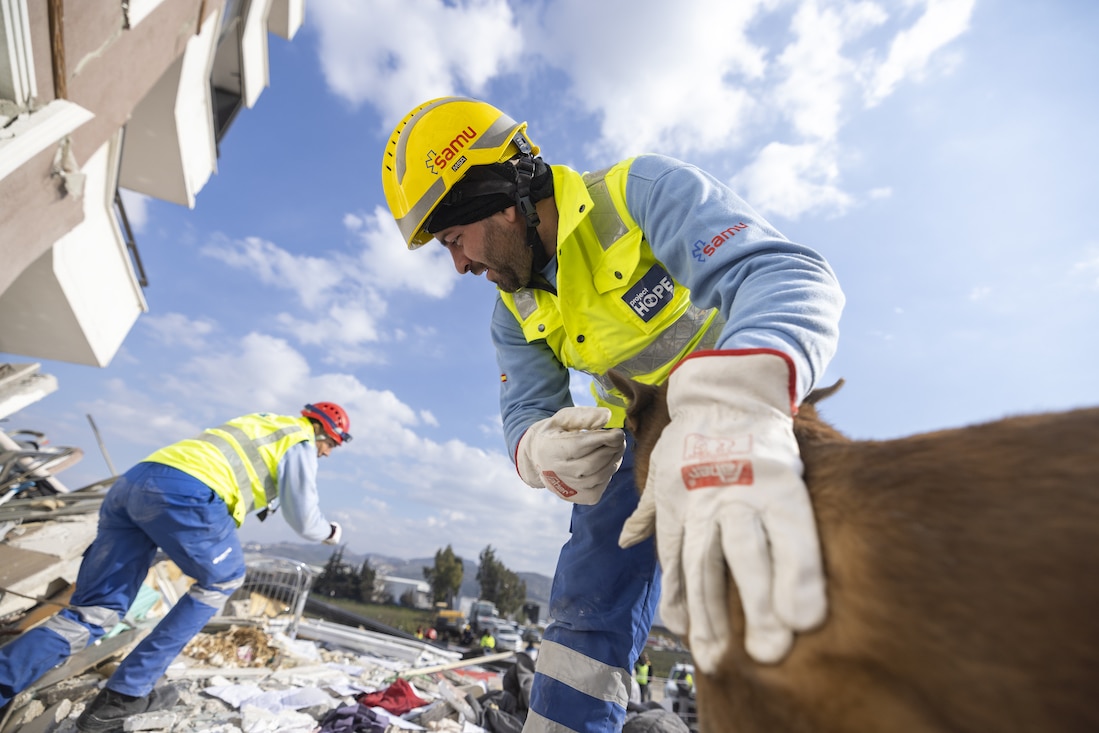
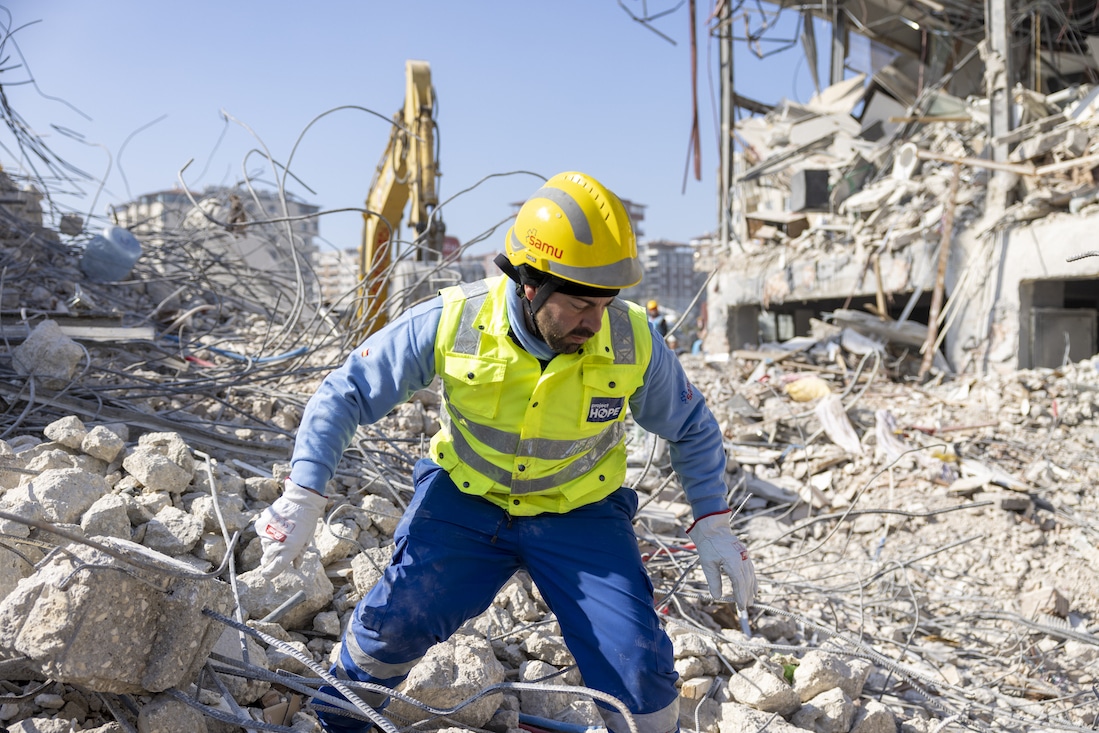
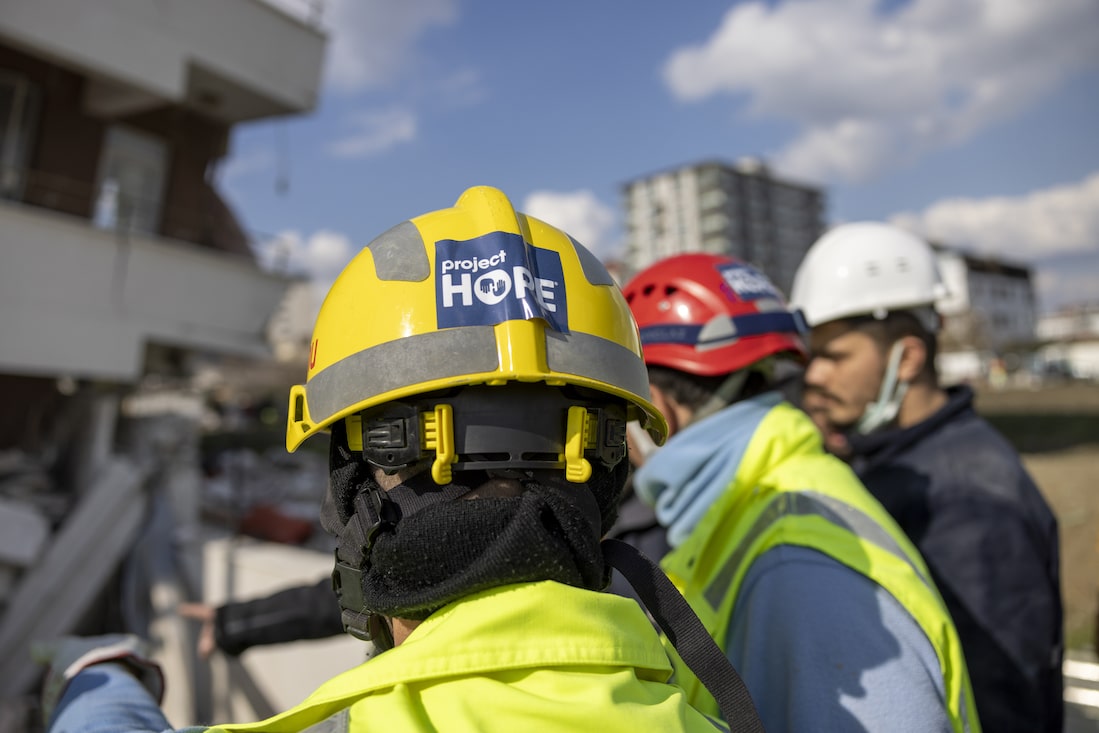
![]()
The challenges facing survivors in Türkiye and Syria will last for years. Having survived the immediate disaster, they must now face frigid temperatures and limited access to food, water, medical care, and shelter—conditions that will exacerbate health issues and lead to long-term complications for many. Medicines, medical supplies, water, and sanitation items are lacking, compounding the likelihood that contagious diseases will spread.
Project HOPE has an Emergency Response Team on the ground at the epicenter of this emergency and is mobilizing additional surge support to affected areas. We continue coordinating with partners to respond to the most urgent needs.
To learn more about our response and how you can help, click here.
![]()
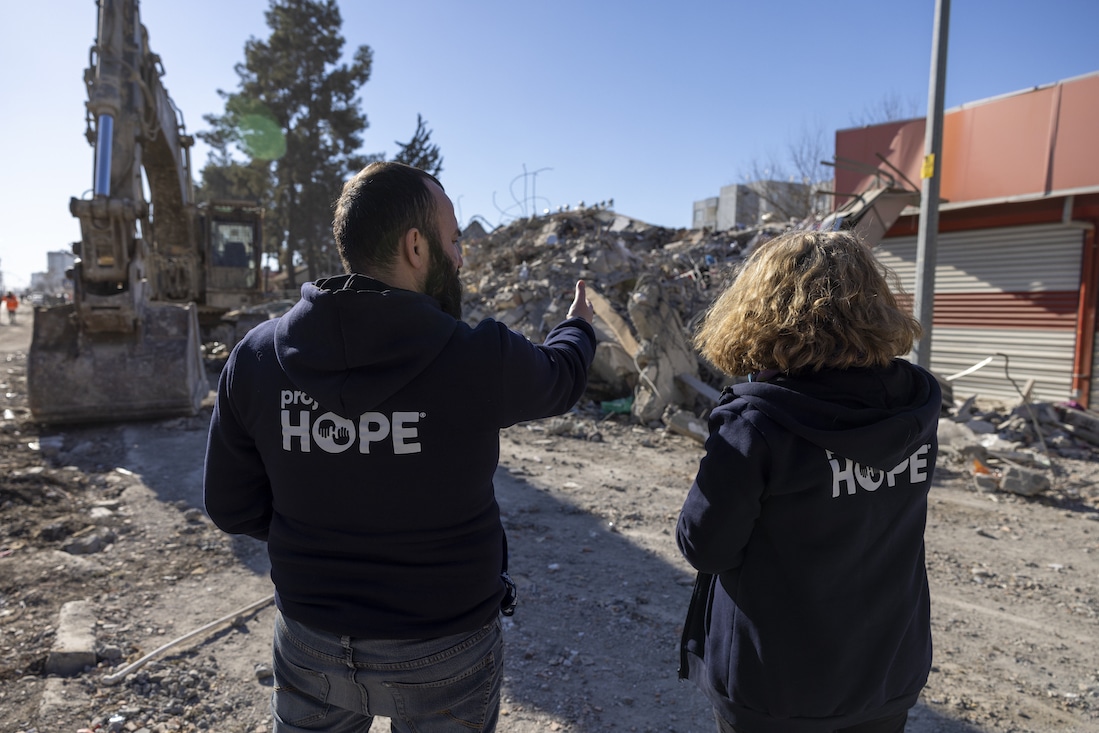
How you can help
Make a lifesaving gift to support our work now and for the future at projecthope.org/donate
Are you a health-care or other professional who would like to learn more about volunteering abroad with Project HOPE? Learn more about our volunteer program and join our volunteer roster.
Stay up-to-date on this story and our lifesaving work around the world by following us on Facebook, Instagram, LinkedIn and Twitter, and help spread the word by sharing stories that move and inspire you.